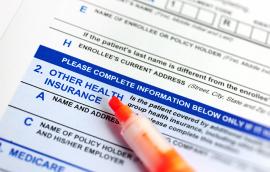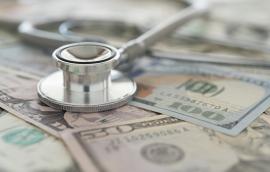For Texas’ Largest County, Drug Treatment Shortages Persist*
Despite the wealth of evidence attesting to the efficacy of medication-assisted treatment for opioid addiction, the majority of Americans who need it can't get it — including in Harris County, Texas’ largest county. Baker Institute Blog: https://bit.ly/31D9qGV
Katharine Neill Harris June 18, 2019




